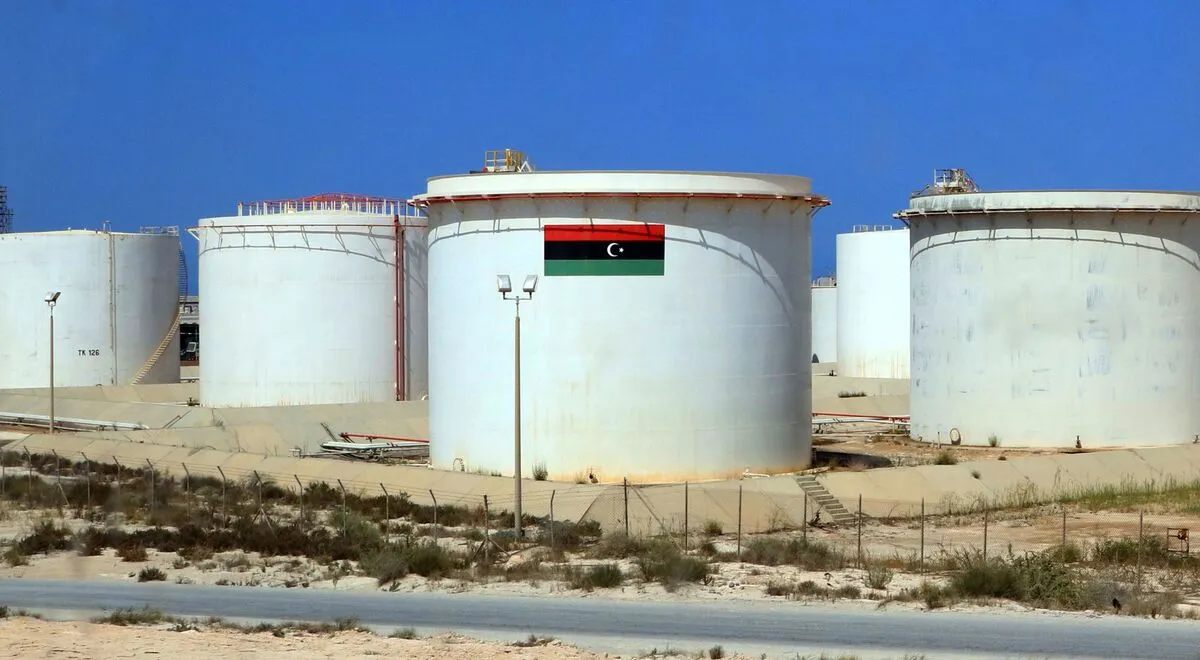Libya's Force Majeure Declared, Threatening OPEC Exports and Global Markets

Understanding Libya's Force Majeure Impact
Libya’s state oil firm has officially declared force majeure on the major oil field El-Feel, expanding the crisis triggered by a deepening power struggle within the country. This situation creates ripples across OPEC exports and the global marketplace.
The Political Climate in Libya
- Government Turmoil: The ongoing disputes among different governmental factions are leading to significant supply disruptions.
- Impact on Exports: With the loss of key production outputs, global oil markets may face heightened uncertainty.
- Market Reactions: Investors in Great Britain and Eastern South Africa should brace for volatility.
This moment represents a crucial pivot point for international markets, particularly in finance and energy sectors.
Future Implications for OPEC
- Potential Supply Dips: As Libya faces production halts, OPEC's overall output may diminish.
- Market Signals: Analysts are closely watching how this event will influence oil prices globally.
- Political Strategy: The OPEC member's internal politics will likely play a significant role in determining future export capacities.
This situation calls for careful monitoring from all involved financial sectors.
This article was prepared using information from open sources in accordance with the principles of Ethical Policy. The editorial team is not responsible for absolute accuracy, as it relies on data from the sources referenced.